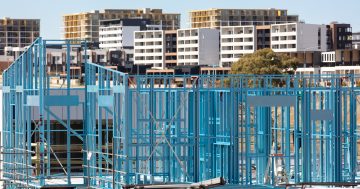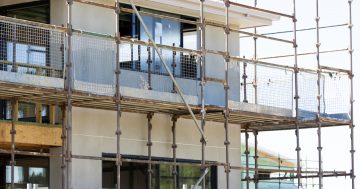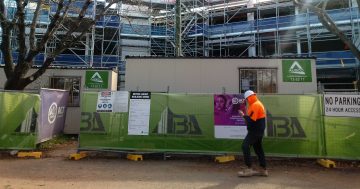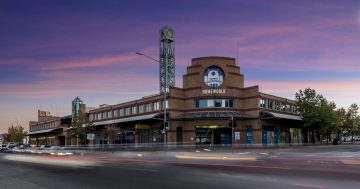I have heard too many times that Canberra has a housing shortage and that this is why house prices are so absurdly high. So I did some digging and looked at median house price growth vs. population growth vs. new dwelling commencements. The figures (limited by data availability) are as follows:
- Population growth 2002-2007: 17086 people or 5.3% (see note 1)
- Dwelling commencements 2002-2007: 14917 (total) 7744 (houses) 7146 (other resid.)(see note 2)
- 2002-2007 Dwelling commencements as a % of 2006 Census data re total dwellings: 11.4% (see note 3)
- Population/total dwellings: 2.46 ppd if you include unoccupied buildings, 2.6 if you don’t. (see note 3)
- Growth in Median house prices 2002-2007: $230,000 or 93% (see note 4)
(Note 1 – based on ABS stats; Note 2 – based on ABS stats; Note 3 – based on ABS stats; Note 4 – based on ABS Stats)
Obviously not all dwelling commencements will be on new land, but given all the land releases/new suburbs popping up it would be fair to say that the large proportion of them will be new land commencements rather than knock-down & rebuilds. So where is the land shortage? We built twice as many dwellings as were needed to accomodate the increased population? Why are prices still so high? Why isn’t the ACT gov’t being more proactive in bringing them down?
Ultimately this bubble will burst, but if the gov’t were responsible about it and tried to bring it down gradually instead of stoking the speculative interests and lining their pockets with the proceeds of land sales the ACT would be able to avoid the economic destruction that the popping of the bubble will produce…




















